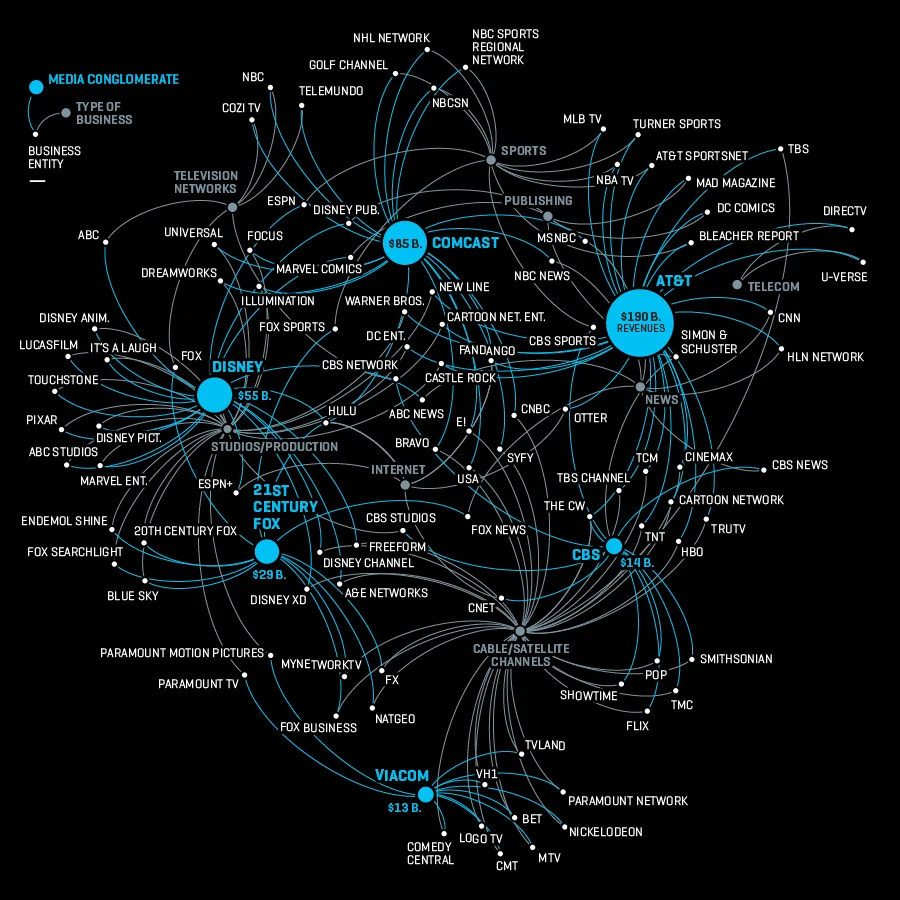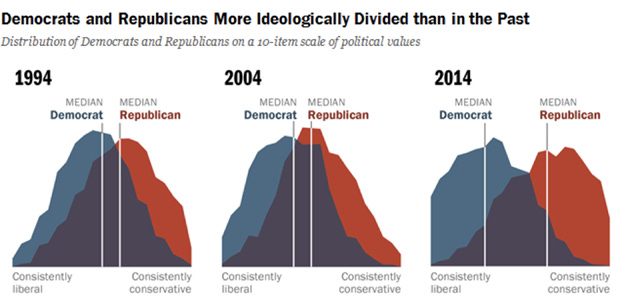“I think left to our own devices, without the media, without political hacks and pundits always pitting us against each other, our natural tendency is to come together regardless of race, regardless of sex, regardless of any of these so-called distinctions.”
Monica Harris, Executive Director of Fair for All, shares her journey from elite institutions to questioning mainstream narratives about division in America. She explores how our society has become increasingly polarized despite evidence that Americans share far more than what divides them, and advocates for incremental rather than rapid social change.
About Monica Harris
Monica Harris is the Executive Director of Fair for All (formerly the Foundation Against Intolerance and Racism). She received her Bachelor of Arts from Princeton University and Juris Doctor from Harvard Law School, where she served as an editor of the Harvard Law Review. She spent more than a decade as a business and legal affairs executive at major media companies including Walt Disney Television, NBCUniversal Media, and Viacom Media Networks before relocating to Montana, which gave her a new perspective on American society.
Monica is also a TEDx speaker and author of "The Illusion of Division," in which she explores how political opportunism and sensationalist media have distorted our collective reality by amplifying our differences.
The Elite Path and Awakening to Illusions
Monica describes how she followed a well-worn path through elite institutions, "jumping through every hoop as high as possible" and believing everything she was told. "I was one of what I call an excellent sheep," she explains, detailing her journey from prep school to Princeton to Harvard Law School before entering the corporate world in entertainment law at major media companies. However, becoming a mother caused her to reevaluate her life and the world her son would inherit, leading her to question why she was working harder for seemingly less reward.
Becoming a mother caused her to reevaluate her life and the world her son would inherit, leading her to question why she was "working harder for less money" despite making "good money on paper." Her life-changing visit to Montana and subsequent relocation helped her recognize that much of her life had been built on illusions – not just about the American dream of upward mobility, but also about how Americans relate to one another across racial and political lines.
Further reading:
The Media's Role in Creating Division
Monica explains how media narratives often present Americans as hopelessly divided along racial lines, which contradicted her own lived experience after moving to Montana. "We're being told this country is so racist and white people are so hopelessly bigoted. But yet I live in this beautiful community that's 90% white and I'm welcomed and I'm treated with respect and dignity. And how does that happen if America's hopelessly racist?" This realization led her to question other mainstream narratives and recognize "this division, a lot of it's just illusory... I think it's manufactured."
She notes how the news landscape changed dramatically around the year 2000 with the disappearance of regulations that prevented media conglomerates from controlling both content production and distribution. This led to vertical integration where "90% of all of our information comes from about 5 companies now," making it easier to package and sell divisive narratives. "The same company that sells you a ride at Disneyland is giving you news. News is just another product in their entertainment pipeline."
Further reading:
Incremental vs. Rapid Social Change
Monica offers a powerful analogy comparing social change to weight loss: "The sensible way to lose weight and keep it off is to do it slowly, to do it in a measured and deliberate fashion. If you lose weight on a crash diet, you are almost guaranteed to gain that weight back because it's not done in a healthy, measured, organic way." She argues that meaningful social change requires time for people to adjust and adapt, citing her own experience with her father's gradual acceptance of her sexual orientation over three decades.
The transgender movement, in contrast, attempted to accomplish sweeping changes virtually overnight, demanding immediate acceptance without allowing society time to process and adjust. Monica suggests this approach was destined to fail precisely because it wasn't organic or incremental. As she puts it, "Evolution is a process, it's not an event."
Further reading:
The Challenge of Maintaining the Middle Ground
Monica discusses the difficulties organizations like Fair for All and Genspect face in maintaining a balanced, non-partisan stance in today's polarized environment. "Holding the middle, it's much easier to be partisan," she explains, noting how Fair for All was initially perceived as right-wing by those on the left because it advocated for universal equality without shaming white people or portraying them as oppressors.
With the political landscape shifting, Fair for All now faces new challenges as some question its relevance when their values are reflected in federal policies. Monica emphasizes the importance of staying true to principles rather than partisan positions, even when it makes an organization unpopular. "If you really want to be centered, if you want to be balanced and not succumb to the pendulum swings, it's very difficult in a culture of outrage to just hold the center."
Further reading:
The DEI Backlash and Complexity of Systemic Issues
Monica addresses the tendency to blame DEI (Diversity, Equity, and Inclusion) initiatives for various failures while ignoring longstanding systemic problems. Using examples like the California wildfires and infrastructure failures, she points out how women and people of color in leadership positions are often scapegoated for issues that existed long before their appointments.
She argues that this represents a double standard, as white male leaders were rarely blamed for the same systemic failures when they were in charge. While acknowledging the flaws in DEI approaches, Monica cautions against using DEI as an excuse to dismiss legitimate leadership by women and people of color.
Further reading:
The American Experience Curriculum
Monica shares that one of Fair for All's top initiatives is their American Experience curriculum, developed as an alternative to "liberated ethnic studies." While ethnic studies often examines the experiences of various racial and ethnic groups solely through the lens of identity and oppression, the American Experience curriculum aims to take a more balanced approach.
It addresses historical injustices like slavery and Jim Crow laws while also highlighting progress made through classical liberal values and foundational American principles. The curriculum aims to be realistic and honest about America's past and present challenges while remaining inspirational rather than divisive.
Further reading:
About Fair for All
Fair for All (formerly the Foundation Against Intolerance and Racism) is a nonprofit, nonpartisan organization committed to advancing civil rights and liberties for all Americans. The organization works to overcome identity politics and promote a common culture based on fairness, understanding, and humanity.
Fair for All operates through a network of local chapters, legal advocacy, and educational initiatives including the American Experience curriculum. The organization emphasizes a "pro-human" approach to cultural depolarization, advocating for shared values rather than division based on immutable characteristics.
Follow Monica Harris
Website: Let's Get Unplugged
Book: The Illusion of Division
Substack:
TED Talks:
If you've ever felt like something bigger is happening but struggled to make sense of it, Beyond Gender is for you. This podcast cuts through the noise with honest, thoughtful discussions about one of the most pressing topics of our time.
🎧 Watch & Listen
New episodes every Thursday on:
🔔 Follow Our Hosts
💬 What did you think of the episode? Tell us in the comments!















Share this post